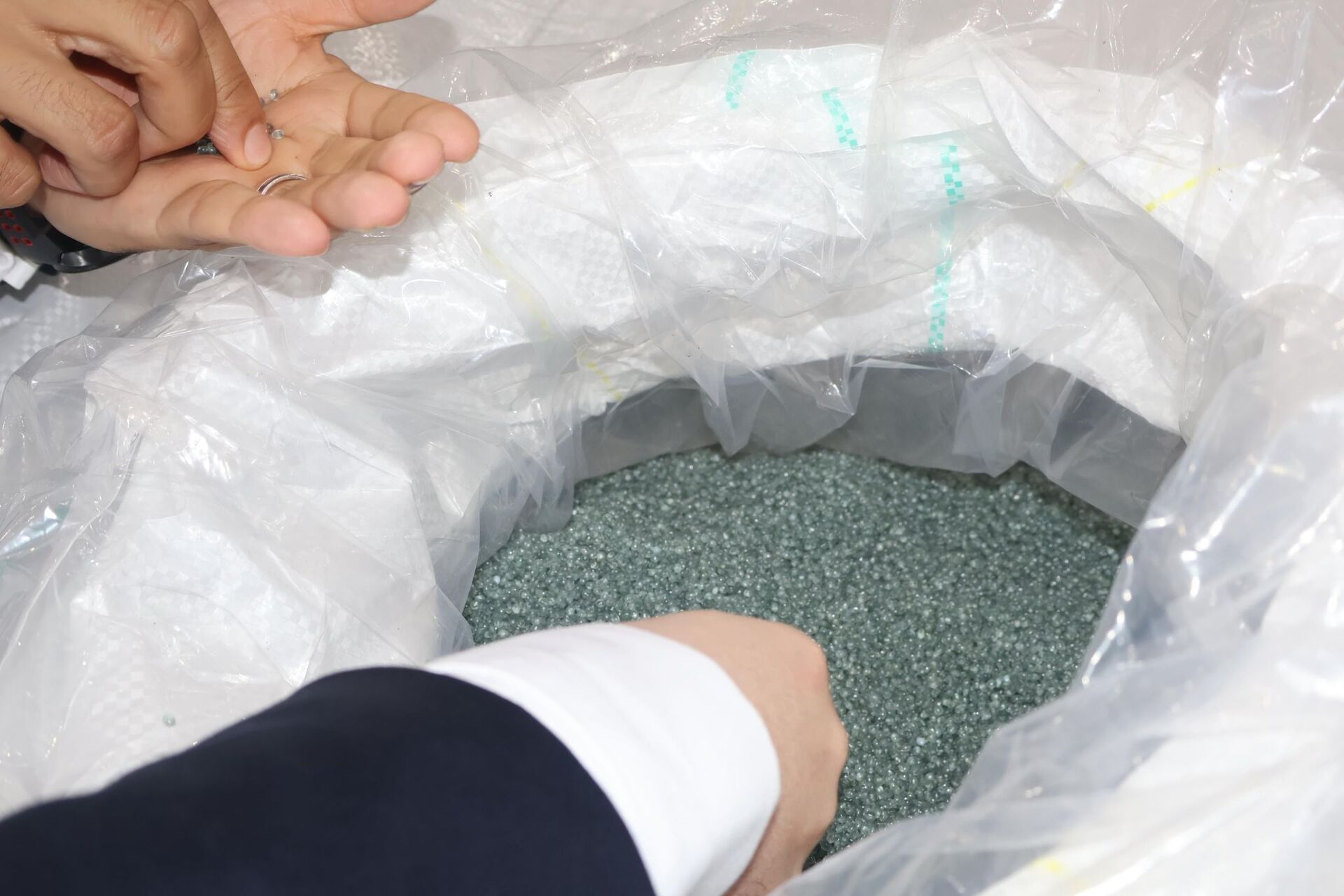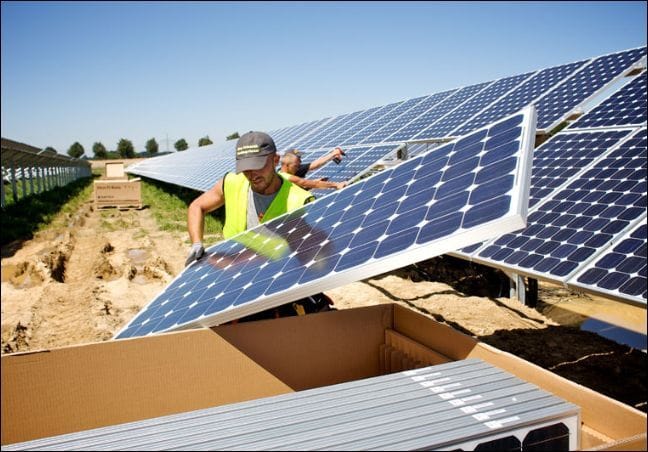- Circular Rising
- Posts
- The double-edged sword of Africa’s solar boom
The double-edged sword of Africa’s solar boom
Dear subscriber,
Africa’s solar revolution is shining bright, but what happens when the lights go out? A quiet crisis is building as old panels pile up faster than recycling plans can catch up.
Mercy Maina - Editor
Solar power is transforming rural economies across Africa, but a hidden sustainability challenge is emerging. The disposal of millions of ageing and counterfeit panels. A University of Reading study in Zambia warns that without clear end-of-life policies, the continent’s clean energy boom could become a toxic waste crisis. |
The findings show an African reality where the rapid spread of solar technologies is far outpacing the systems needed to manage ageing and faulty equipment, leaving communities exposed to mounting solar e-waste.
Weak regulation, the influx of counterfeit imports and limited awareness of safe disposal practices are fuelling a silent environmental hazard across the continent.
Our take: The drive to expand energy access in Africa must go hand in hand with clear end-of-life management… Read more (2 min)
In the remainder of the year, three key events across Africa will bring together stakeholders advancing the circular economy, according to the Circular Rising events calendar. One event focuses specifically on circular economy, while the other two address broader sustainability and climate issues, with circular economy featured as a theme. |
Two of the events are global, convening international leaders on the continent to advance sustainability, share best practices, and highlight the role of the circular economy in shaping policy and practice.
Kenya stands out as the frequent host, with two international events focusing on the broader global sustainability agenda taking place in the capital, Nairobi.
To find out how to participate, click here (2 min)
Over the past three months, Africa’s circular economy landscape has seen a wave of new activity. Data from the Circular Rising project tracker shows that since August, seven new projects have been announced across the region. The initiatives span plastic waste, waste-to-energy, hazardous waste treatment and battery recycling. |
Plastic projects dominate, with three initiatives underway in Egypt, Nigeria and Ghana, and a fourth spanning the continent.
Funding for the projects comes from a diverse mix of players, including development banks, international partners, national governments, and impact investors.
Our take: The growing diversity of projects signals a maturing market where circularity is being embedded across multiple sectors…Read more (2 min)
___________________


Source: Dr. Dion George
PET pellets recycled at Extrupet’s new facility in Cape Town
Jobs
🧑🔬 Work as Circular Economy Consultant at ITU (Africa)
🧑🔬 Work as Circular Economy Consultant at ITU (Africa)
🧑🔬 Design landfill infrastructure at NEC (Seychelles)
🧑🔬 Supervise mechanical systems for a landfill project at NEC (Seychelles)
🧑🔬 Provide design inputs for landfill berms at NEC (Seychelles)
🧑🔬 Oversee daily landfill construction works at NEC (Seychelles)
🧑🔬 Lead overall landfill project design at NEC (Seychelles)
🧑🔬 Administer landfill project contracts at NEC (Seychelles)
🧑🔬 Manage landfill project drawings at NEC (Seychelles)
🧑🔬 Assess environmental impact of landfill project at NEC (Seychelles)
Various
💦 Cargill Ghana unveils $2.5m wastewater treatment plant in Tema
🗑️ Lagos to decommission landfills as government advances waste-to-resource plan
🤝 Three Kenyan counties sign deal on joint waste management
♻️ Extrupet, partners open food-grade PET plastic recycling plant in Cape Town
🛞 Revolutionary innovation to transform waste management in Nigeria
🈯 Doctoral research targets sustainable energy from landfill emissions
✍️ Eni, Egypt sign agreement for potential biogas projects
Seen on LinkedIn
Tola Yusuf, Founding Partner at Infratel Africa, says, “With the massive electricity deficit across Africa, a waste-to-energy system could help close that gap. And recycling waste into fertilizer could boost food production.”


